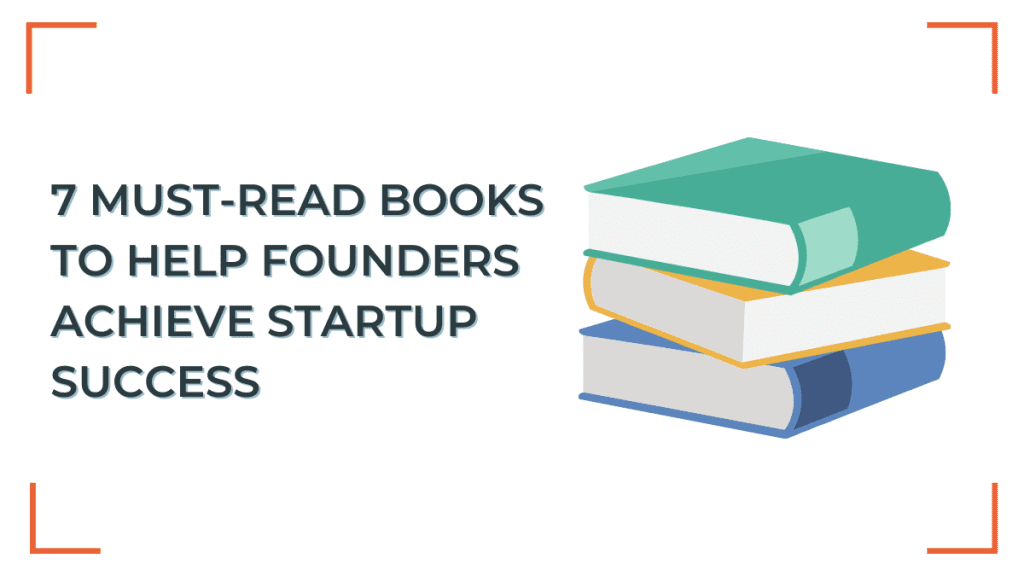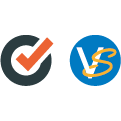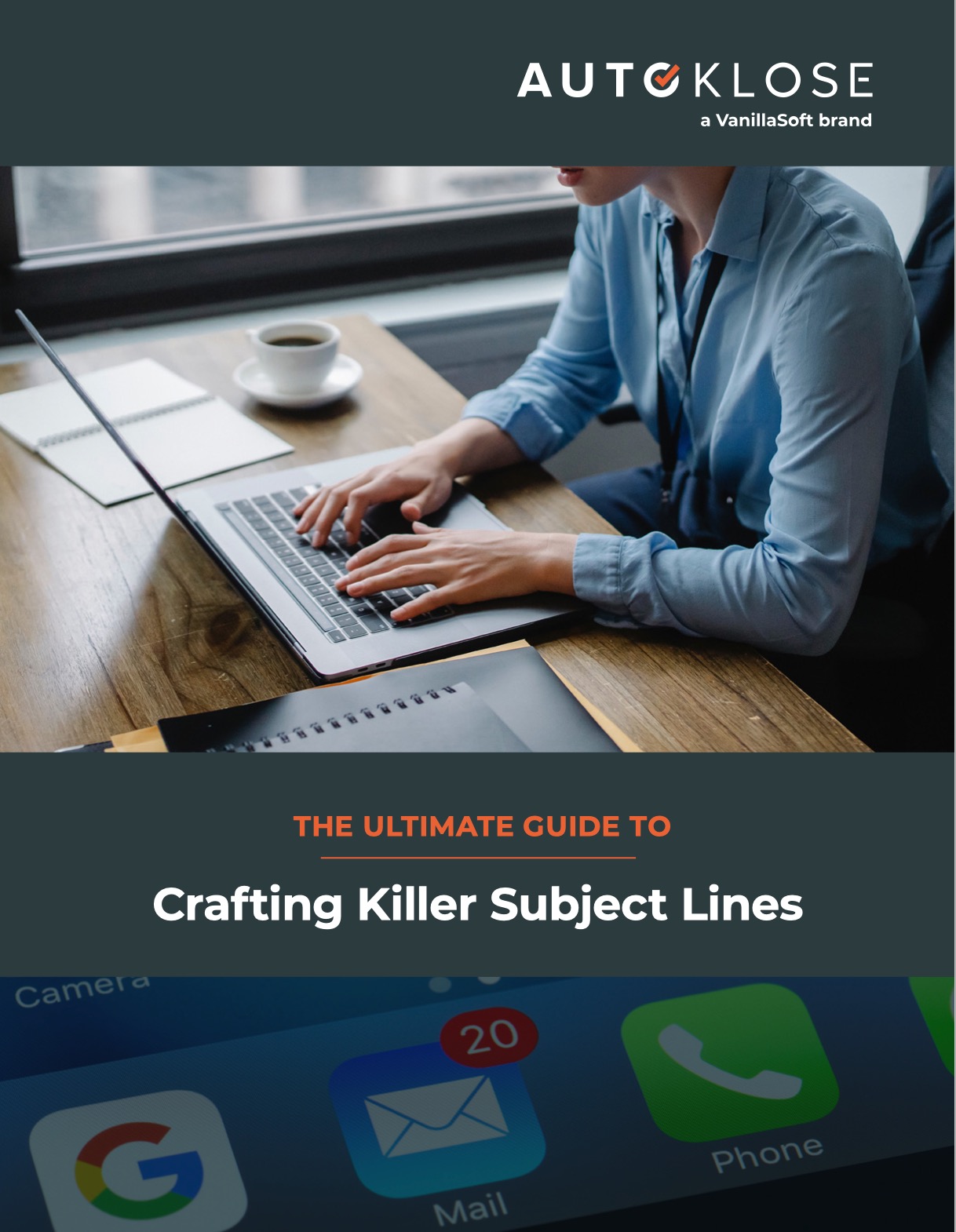
- Reading books on business, leadership, and communication can help you become a better founder. You don’t necessarily have to be an all-out bookworm to understand what it takes to succeed — but you should know some fundamentals.
- Some of our favorite books aren’t just for founders or businesspeople. Self-help books can also help you grow as a person and give you the skills to do your job better.
- Consuming a range of ideas is important — you might not agree with everything you read, but you can still learn something from every book.
- 1. “Never Split the Difference” by Christopher Voss
- 2. “The Subtle Art of Not Giving a F*ck” by Mark Manson
- 3. “How to Win Friends and Influence People” by Dale Carnegie
- 4. “The 4-Hour Workweek” by Tim Ferriss
- 5. The Lean Startup by Eric Ries
- 6. “Zero to One” by Peter Thiel
- 7. “Play Nice But Win” by Michael Dell
- On reading as a founder
The business world comes with certain unspoken rules. One of those rules? You’ve got to read the business bibles.
“It’s kind of a done thing [that] if you seem to be serious in your profession, you’ve got to be a bookworm,” says Ollie Whitfield, demand gen team lead at VanillaSoft. “You’ve got to read all these important books and recite them and talk about them — and if you don’t, you’re kind of out of the club.”
Ollie and his 0 to 5 Million podcast co-host Shawn Finder will be the first to admit that you don’t have to be an avid reader to be a good startup founder. Let’s face it: We’ve all bought some books that we never open while others become go-to guides and secure a permanent spot on our nightstands.
It all depends on who you are and what you’re looking for in a book.
“The goal is to build yourself up and become a better person, a better SDR, a better marketer, a better founder … whatever that might be. But never rely on just one book to give you those results or to be that playbook,” says Shawn.
To help you build your reading list, here are 7 books that Shawn and Ollie highly recommend to help you become a better founder — or just an all-around better person.
1. “Never Split the Difference” by Christopher Voss
Negotiation isn’t just important for business. It can play a role in many aspects of your life, whether you’re buying real estate or seeking a salary boost.
That’s what Christopher Voss argues in his seminal 2016 book “Never Split the Difference.” A former FBI hostage negotiator, Voss explains how you can use his approaches to negotiation in high-stakes situations like kidnappings to improve your persuasion skills in your personal and professional life.
“It’s a book that I read when I first started Autoklose, but it’s still one that I keep refreshing because [negotiating is] part of everyday life — you can always use it,” says Shawn.
2. “The Subtle Art of Not Giving a F*ck” by Mark Manson
Founders can also benefit from reading Mark Manson’s “The Subtle Art of Not Giving A F*ck,” billed as “a counterintuitive approach to living a good life.”
There’s a reason this book has sold over 10 million copies since its publication in 2016: It’s refreshingly honest.
As the cheeky title suggests, the book guides readers toward a more fulfilling life by not caring what everybody else is doing and carving your own unique path to happiness.
While not a business guide, Manson’s book offers advice that can be helpful for founders, such as:
- Trying to be more like your competition won’t lead to success
- A little bit of struggle is good
- It’s okay to step outside of your comfort zone and make mistakes
3. “How to Win Friends and Influence People” by Dale Carnegie
Dale Carnegie’s classic self-help guide to success is one of the best-selling books of all time and one of America’s most influential.
Originally published in 1936, Carnegie’s book has resonated for nearly a century by offering insightful advice on dealing with people to get what you want in both personal and professional settings.
As Shawn notes, effective communication is one of the most important parts of doing business for introverts and extroverts alike.
“Sometimes when it comes down to relationships and there are two competing products [that are the exact same] … people make those decisions by building that relationship, building those friends in business,” he says.

4. “The 4-Hour Workweek” by Tim Ferriss
Tim Ferriss’ “The 4-Hour Workweek” might not actually cut your workweek down to only 4 hours.
But it will teach you how to optimize your time, improve your productivity, and make more time for the things that matter.
These are critical skills for startup founders. Particularly in the early days of your business, finding a healthy work-life balance is crucial to avoid burnout and achieve success long-term.
5. The Lean Startup by Eric Ries
Eric Ries’ “The Lean Startup” is about launching a sustainable business — a feat that may seem impossible to achieve when most startups fail.
The book relies on philosophies that might seem simple but could change the way you do business. In short, it teaches you how to stop wasting your and your investors’ time with tedious business plans that don’t work and pitches that don’t land.
Instead, as Ries says, a successful startup should view entrepreneurship as management: Rather than pushing forward from an established idea or technology, continuously innovate your idea based on customer feedback.
In the early days of Shawn’s startup, ExchangeLeads, books like “The Lean Startup” and “The 4-Hour Workweek” were essential reads. “Those were very important to me for business because I need to figure out, How can I be as productive as possible but also have work-life balance?” he explains.
6. “Zero to One” by Peter Thiel
Peter Thiel is known as one of the world’s most successful entrepreneurs. An early Facebook investor, Thiel co-founded PayPal, Palantir Technologies, and the Founders Fund — a venture capital firm whose portfolio includes Airbnb, Lyft, Spotify, and more.
In his 2014 book “Zero to One,” Thiel offers a small window into his success by shining a light on what innovation and progress really mean.
“I will tell you, the hardest part of any business is going from zero to 1 million,” Shawn says. “It’s [easier] to go from 50 to 100 million than from zero to one. … That book really resonated with me because that was where we were early on.”
7. “Play Nice But Win” by Michael Dell
Written by the founder of Dell Computers, Michael Dell’s “Play Nice But Win” tells the story of the company’s birth and its subsequent struggles as other companies tried to acquire it.
Throughout the book, Dell finds himself at the center of battles over the company and shares lessons about how strong leadership ensured its survival.
“[The book] talks about how you have to go from a founder to a leader — and there’s a big difference between a founder and a leader,” Shawn says.
On reading as a founder
No single book is a one-size-fits-all solution for your entrepreneurship needs.
That’s why you shouldn’t be afraid to read a variety of different books by different types of authors — even if you encounter ideas you don’t agree with.
“Different markets, different perspectives, different industries — you can still take a little bit from it. You don’t have to apply all of it,” Ollie says.

 The Autoklose
The Autoklose 


Leave a Reply
You must be logged in to post a comment.